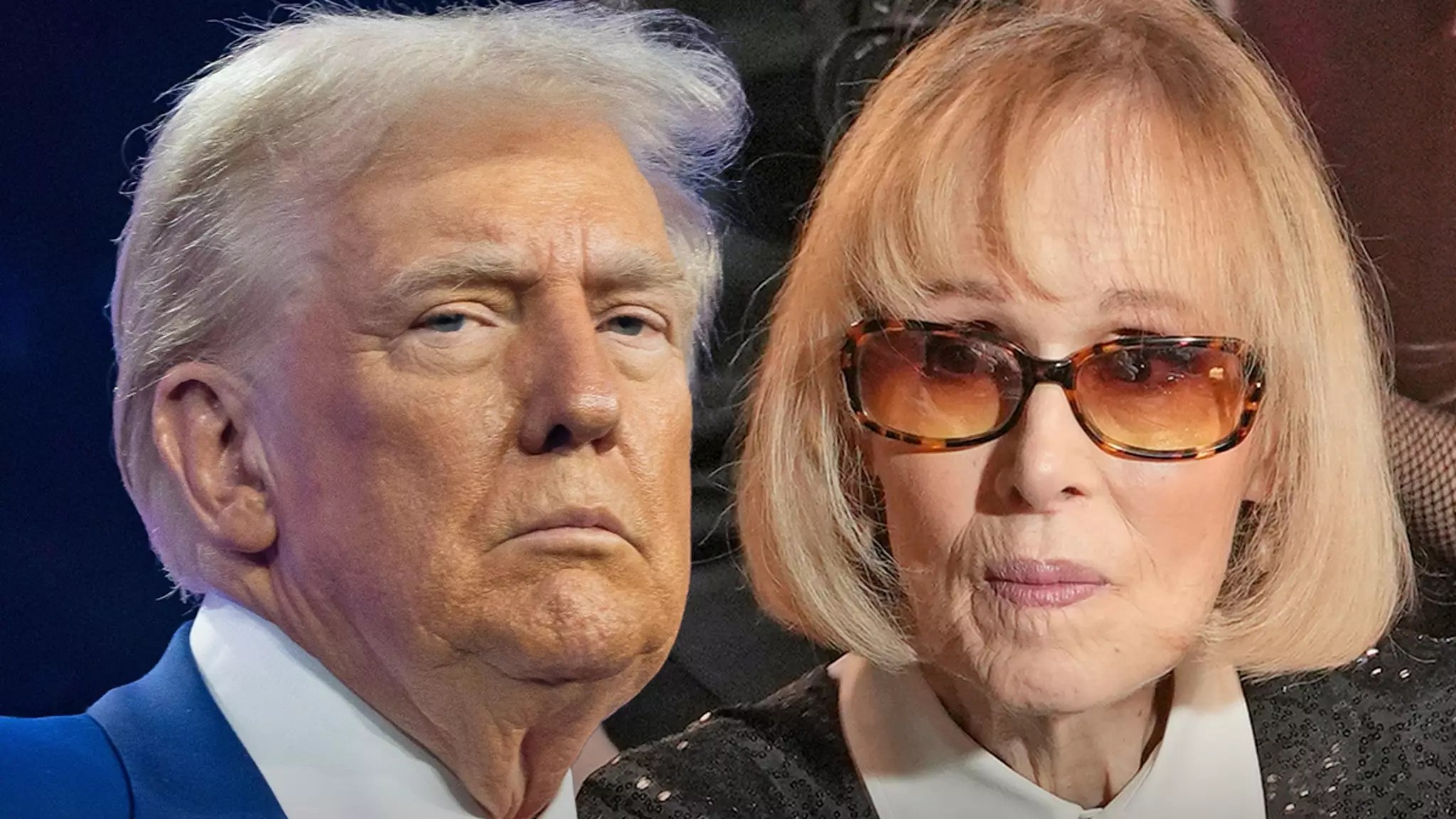Donald Trump’s ongoing legal struggle concerning the $5 million verdict in favor of E. Jean Carroll illustrates a contentious intersection of celebrity, accountability, and the legal system. In 2023, a jury found Trump liable for sexual abuse against Carroll, a decision recently reaffirmed by the United States Court of Appeals for the Second Circuit. The court’s confirmation of the lower court’s ruling highlights a significant moment in this high-profile case, asserting the judicial system’s role in addressing allegations of sexual misconduct, even when the accused is a former president.
Carroll’s lawsuit is rooted in claims that Trump raped her in a Manhattan department store dressing room in 1996—a severe allegation that carries substantial weight in both legal and public discourse. The jury’s decision not only granted Carroll financial compensation for sexual abuse but also affirmed her allegations of defamation against Trump, who has publicly denied the claims. The complexities of the case spread beyond a simple courtroom narrative, delving into themes of gender-based violence, power dynamics, and the societal perceptions of victims. It speaks volumes when allegations against a powerful figure raise questions about the balance between justice and privilege.
The Legal Trajectory and Political Implications
The federal court’s dismissal of Trump’s appeal for a new trial underscores a crucial point: the integrity of the judicial process in high-stakes cases involving influential individuals. The court remarked that even hypothetical errors by the presiding judge were unlikely to alter the jury’s conclusions given the solid evidence presented by Carroll. This steadfastness sends a powerful message to both victims of similar abuses and the public: the judicial system can operate independently, even against the backdrop of political fervor.
In response to the ruling, Trump’s camp reiterated a narrative of victimhood and political persecution—a strategy that seems to resonate with a significant segment of his supporters. His spokesperson labeled the legal proceedings as “Witch Hunts,” illustrating an attempt to frame the legal actions against him as politically motivated rather than merited by alleged misconduct. This rhetoric reflects broader societal divisions and complicates discussions around accountability for those in positions of power.
The Carroll case holds broader implications beyond Trump himself. It serves as a litmus test for how allegations of sexual misconduct, particularly against notable figures, are treated in the courtroom and public opinion. For victims, public recognition of their struggles, as embodied by the jury’s ruling, is paramount. It demonstrates that speaking out—albeit daunting—can yield recognition and justice, potentially encouraging others to come forward with their experiences. Attorney Roberta Kaplan’s satisfaction with the court’s decision resonates with many advocates who strive for comprehensive reform in handling cases of sexual violence.
As Trump prepares to launch further appeals, the narrative surrounding the Carroll case continues to evolve, reflecting real tensions in American society regarding justice, accountability, and power dynamics. Each legal defeat or victory adds layers to the dialogue, affecting not just Trump’s political career but also the cultural landscape surrounding issues of sexual abuse and the fortitude of the victims pursuing justice. The intersection of law, societal expectations, and personal accountability remains pivotal as this chapter unfolds, making it a case worth observing closely in the coming months.







Leave a Reply